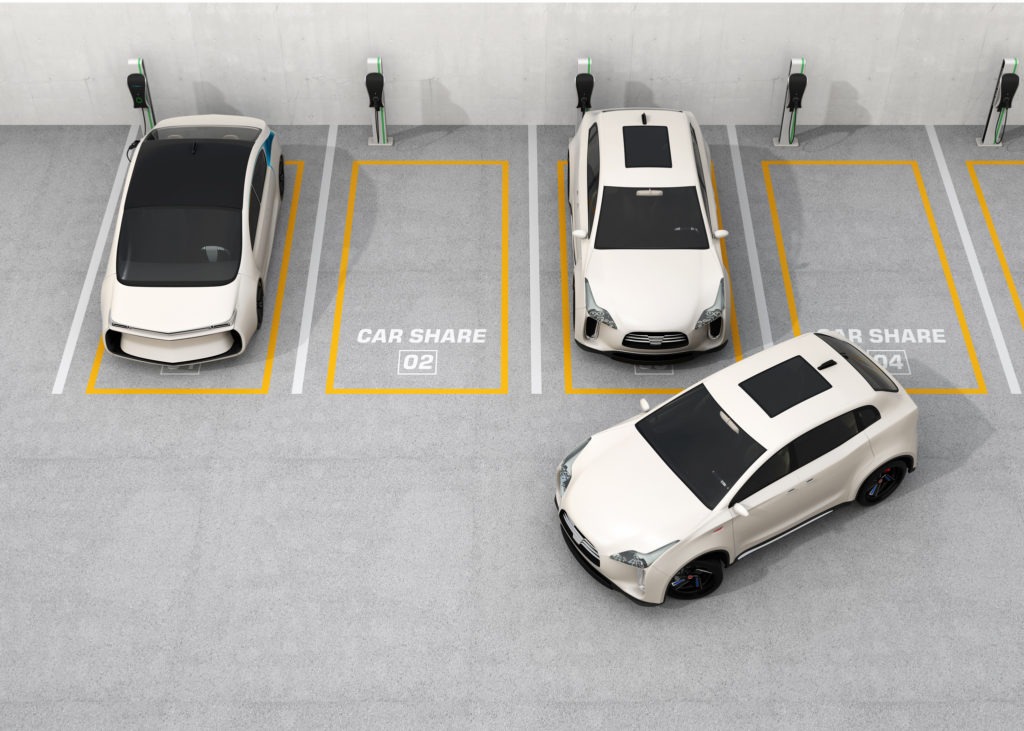Robo-taxi investments signal future of mobility plans for manufacturers
08 January 2018

As vehicle manufacturers develop autonomous technology, the robo-taxi market could be one way to ensure that despite any change in future ownership models, vehicle development remains relevant.
The Renault, Nissan and Mitsubishi alliance is currently looking for partners to help the company push forward into the autonomous ride-hailing market, with the company expected to name potential suitors in the coming months, according to the group’s senior vice president, Ogi Redzic.
With over 1,000 employees working in the connectivity department alone, the automaker wants to work with technology companies that are already experimenting with self-driving vehicles, such as Waymo and Uber.
‘Tech companies aren’t going to build and sell cars to our current customers. For them, autonomous technology enables and enhances their main businesses’, he said. ‘We envision that partnerships are possible,’ Redzic comments.
Renault, its long-time partner Nissan, and more recent ally Mitsubishi plan to develop 15 models with autonomous features by 2022, including one fully self-driving vehicle. The alliance has already reached some agreements to share the research. Nissan works with mobile-games editor DeNA on autonomous cabs to be tested in Yokohama next year, while Renault teamed up with French transportation-services provider Transdev to develop self-driving fleets.
Meanwhile, US-based start-up Aurora has announced partnerships with Volkswagen Group and Hyundai Motor to develop a self-driving system, the latest tie-up between global automakers and Silicon Valley tech companies.
Aurora and Volkswagen said they had been working together over the past six months to integrate Aurora’s sensors, hardware and software into VW’s electric vehicles to develop self-driving ride services in cities.
In a statement, chief digital officer Johann Jungwirth comments: ‘Our vision is Mobility for all, at the push of a button’. This means that we want to offer mobility for all people around the world. Mobility also for children, elderly, sick and visually impaired people, really for all. Working with Aurora, leading self-driving system company, will give us a giant leap forward in our mission to become the world’s leading provider of sustainable mobility, with self-driving vehicles. We aim to create new Mobility-as-a-Service (MaaS) solutions which customers will be passionate about because they have been tailored to the human with highest safety standards, best-in-class user experience and digital intelligence. For me this is the reinvention of mobility and the automobile.’
German auto heavyweights Daimler and Bosch have also announced they are to partner to develop the technology for a self-driving taxi service. The service is planned for 2020Â as the race to be the first to launch a commercial autonomous programme gathers pace.
However, Ford CEO Jim Hackett does not believe in the robo-taxi culture, instead saying at a conference in August 2017 that autonomous technology will instead gradually augment current challenges such as limited parking and vehicle access.